
Table of Contents
What is Pay Per Click Advertising (PPC)
Pay Per Click Advertising (PPC) is a type of online advertising where advertisers pay each time a user clicks on one of their ads. In PPC advertising, advertisers bid on specific keywords or phrases that are relevant to their target audience, and their ads are displayed on search engine results pages (SERPs) or other websites that display ads, such as social media platforms.
Pay Per Click (PPC) ads are typically displayed at the top or bottom of SERPs, and are identified as ads to distinguish them from organic search results. The placement and cost of PPC ads are determined by various factors, such as bid amount, ad relevance, and landing page quality.
Pay Per Click (PPC) advertising is a powerful digital marketing tool that allows businesses to reach targeted audiences and drive traffic to their website. In this essay, we will explore the benefits of PPC advertising, its effectiveness in reaching audiences, how businesses can optimize their campaigns for success, and the challenges they may face.
Benefits of Pay Per Click Advertising (PPC)
PPC advertising has a number of benefits that make it an attractive option for businesses of all sizes. One of the biggest advantages of Pay Per Click (PPC) advertising is that it allows businesses to reach their target audience with precision. By targeting users based on factors such as location, age, gender, interests, and specific keywords, businesses can ensure that their ads are shown to the people most likely to be interested in their products or services.
Another benefit of Pay Per Click (PPC) advertising is that businesses only pay when someone clicks on their ad. This means that businesses can set a budget and control their advertising costs, making PPC advertising a cost-effective way to drive traffic to their website and increase conversions.
Pay Per Click (PPC) advertising also provides businesses with valuable data and insights into user behavior and ad performance. By analyzing metrics such as click-through rates, conversion rates, and cost-per-click, businesses can gain a better understanding of their target audience and adjust their marketing strategies accordingly.
Targeted Reach
PPC allows businesses to target specific keywords or phrases that are relevant to their products or services, and to display ads to users who are actively searching for those keywords.
Cost-Effective
PPC is a cost-effective advertising method, as advertisers only pay when a user clicks on their ad. This means that businesses can control their advertising spend and optimize their campaigns to achieve a higher return on investment (ROI).
Measurable Results
PPC campaigns provide detailed metrics and analytics that allow businesses to track and measure the performance of their ads, including click-through rates, conversion rates, and ROI.
Quick Results
PPC campaigns can generate immediate results, as ads can be launched quickly and start driving traffic to the website right away.
Effectiveness of PPC Advertising
PPC advertising is a highly effective way for businesses to reach their target audience and drive traffic to their website. In fact, a study by Wordstream found that businesses that use Pay Per Click (PPC) advertising see an average conversion rate of 2.7%, compared to just 0.89% for organic search traffic.
One reason for this effectiveness is that PPC advertising allows businesses to target users who are actively searching for their products or services. This means that users who click on a Pay Per Click (PPC) ad are often further along in the buying process, making them more likely to convert into a customer.
PPC advertising is also highly customizable, allowing businesses to create ads that are tailored to specific keywords and target audiences. By creating highly targeted ads, businesses can increase their click-through rates and conversion rates, maximizing the effectiveness of their Pay Per Click (PPC) campaigns.
Optimizing Pay Per Click (PPC) Campaigns
To achieve success with PPC advertising, businesses must optimize their campaigns for maximum effectiveness. Here are some tips for optimizing Pay Per Click (PPC) campaigns:
- Conduct thorough keyword research to identify the most relevant keywords for your business.
- Create compelling ad copy that focuses on the benefits of your products or services.
- Use targeting options to reach your ideal audience.
- Continuously monitor and analyze key metrics such as click-through rates, conversion rates, and cost-per-click to identify areas for improvement.
- Make adjustments to your campaigns based on your analysis, such as changing ad copy, adjusting bids, or targeting different keywords.
By continuously optimizing their Pay Per Click (PPC) campaigns, businesses can improve their ROI and achieve their marketing goals.
Challenges of PPC Advertising
While PPC advertising offers many benefits, there are also challenges that businesses must navigate. One challenge is the increasing competition for ad space. As more businesses invest in Pay Per Click (PPC) advertising, the cost of advertising can increase, making it more difficult for smaller businesses to compete.
Another challenge is the constantly changing digital landscape. Search engines and social media platforms are always updating their algorithms and ad policies, making it important for businesses to stay up-to-date and adapt their strategies accordingly.
Finally, PPC advertising requires a significant investment of time and resources. Businesses must conduct thorough keyword research, create effective ad copy, and continuously monitor and analyze their campaigns to achieve success.
PPC Advertising and Social Media Platforms Social media platforms such as Facebook, Twitter, and LinkedIn offer businesses the opportunity to reach highly targeted audiences through Pay Per Click(PPC) advertising. These platforms allow businesses to target users based on factors such as location, age, interests, and behaviors, making them an attractive option for businesses looking to reach specific demographics.
One of the biggest benefits of social media Pay Per Click (PPC) advertising is that it allows businesses to create highly engaging and interactive ads. For example, Facebook offers a range of ad formats such as carousel ads, video ads, and lead ads, which can be used to create engaging and visually appealing ads that capture the attention of users.
In addition, social media platforms offer businesses a range of targeting options that allow them to reach their ideal audience. For example, businesses can target users based on their interests, behaviors, and even job titles on LinkedIn, making it easier to reach decision-makers in a specific industry.
Social media platforms also provide businesses with a range of metrics and insights into ad performance. By analyzing metrics such as engagement rates, click-through rates, and conversion rates, businesses can gain a better understanding of their target audience and adjust their marketing strategies accordingly.
However, social media PPC advertising also comes with its own set of challenges. One challenge is the need to create highly engaging and visually appealing ads that stand out in a crowded social media feed. Another challenge is the need to stay up-to-date with the latest social media algorithms and ad policies, which are constantly changing.
PPC Advertising and Search Engines
Search engines such as Google and Bing also offer businesses the opportunity to reach targeted audiences through PPC advertising. In fact, Google Ads is one of the most popular PPC advertising platforms in the world, with businesses spending billions of dollars each year on Google Ads campaigns.
One of the biggest benefits of search engine Pay Per Click(PPC) advertising is that it allows businesses to target users who are actively searching for their products or services. This means that businesses can reach users who are further along in the buying process, making them more likely to convert into a customer.
Search engine PPC advertising also allows businesses to create highly targeted ads that are tailored to specific keywords and search terms. This means that businesses can create ads that are more relevant to the user’s search query, increasing the likelihood that they will click on the ad and convert into a customer.
Like social media PPC advertising, search engine PPC advertising also comes with its own set of challenges. One challenge is the increasing competition for ad space, which can drive up the cost of advertising and make it more difficult for smaller businesses to compete. Another challenge is the need to conduct thorough keyword research and create effective ad copy that stands out in a crowded search results page.
List of popular PPC management tools
Pay Per Click (PPC) advertising is a powerful digital marketing tool. To achieve better ROI, businesses can use PPC management tools that streamline their campaigns and optimize ad performance. Here, we explore the top PPC management tools and their key features and benefits.
Google Ads
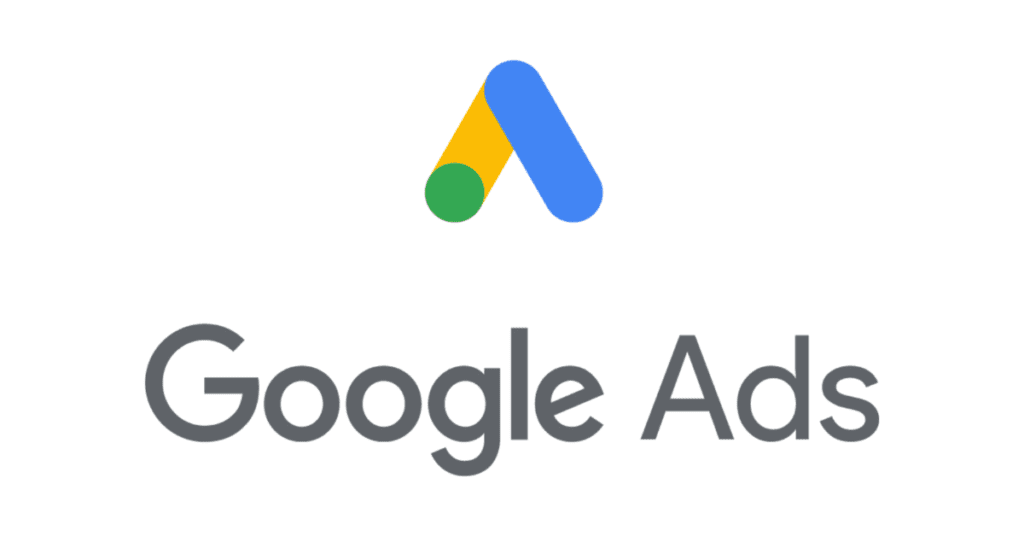
https://ads.google.com/ Google Ads is a powerful PPC advertising platform that allows businesses to create and manage search, display, and video ads on Google search results pages, partner websites, and YouTube.
Microsoft Advertising:
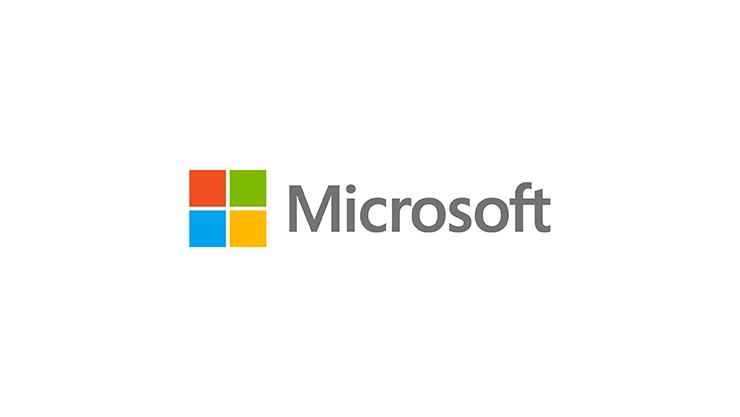
https://ads.microsoft.com/ Microsoft Advertising, formerly Bing Ads, is a PPC advertising platform that lets businesses create and manage search ads on the Bing search engine, partner websites, and the Microsoft Audience Network.
LinkedIn Ads:
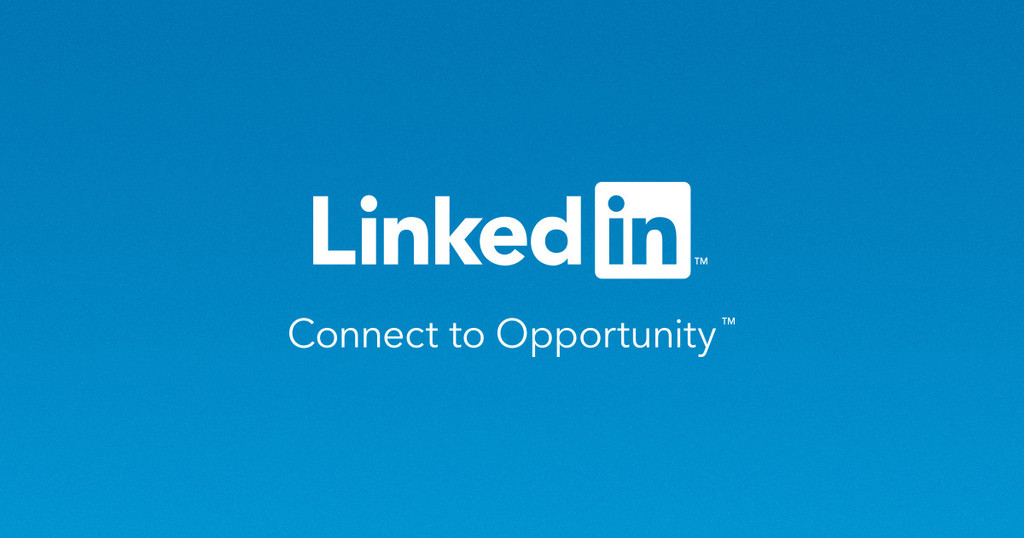
https://www.linkedin.com/ad/ LinkedIn Ads is a platform that allows businesses to create and manage ads on the LinkedIn social network, targeting users based on their job titles, industry, and other professional attributes.
SEMrush:
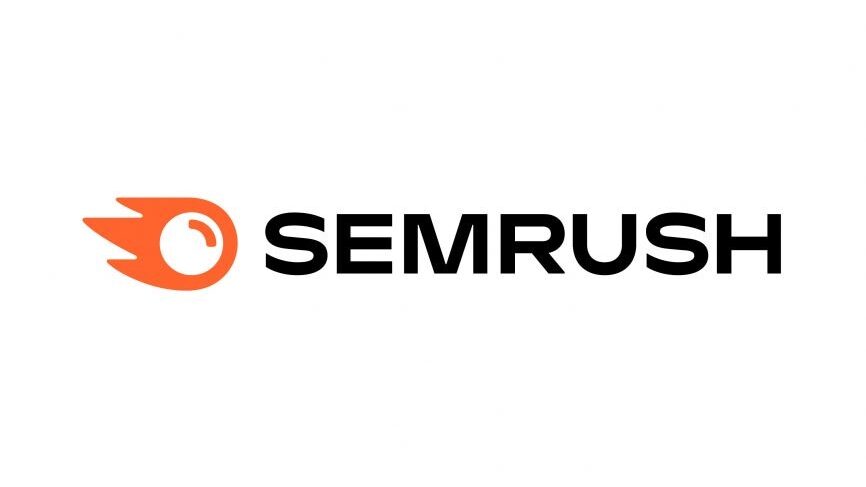
https://www.semrush.com/ SEMrush is a digital marketing platform that offers a range of tools for keyword research, competitor analysis, and PPC campaign management. It helps businesses optimize their PPC campaigns for maximum effectiveness.
AdRoll:
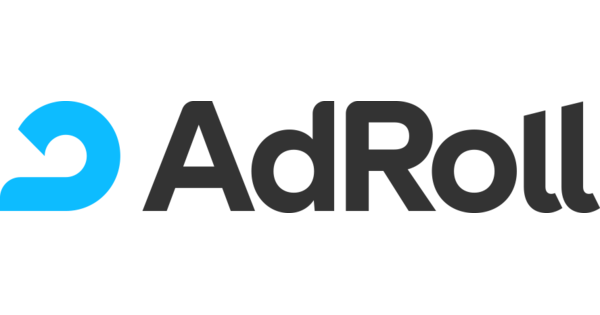
https://www.adroll.com/ AdRoll is a platform that allows businesses to create and manage ads across multiple channels, including Facebook, Instagram, Google, and the web. It uses AI and machine learning to optimize ad performance and increase conversions.
Optmyzr:

https://www.optmyzr.com/ Optmyzr is a PPC management platform that offers a range of tools for campaign optimization, reporting, and automation. It uses AI and machine learning to analyze data and provide recommendations for improving campaign performance.
Conclusion
In conclusion, PPC advertising is a highly effective digital marketing tool that allows businesses to reach targeted audiences and drive traffic to their website. By targeting users based on demographics, interests, and specific keywords, businesses can ensure that their ads are shown to the right people at the right time.
PPC advertising also provides businesses with valuable data and insights into user behavior and ad performance, allowing them to adjust their marketing strategies for maximum effectiveness. By optimizing their campaigns with thorough keyword research, compelling ad copy, and continuous analysis, businesses can maximize the effectiveness of their Pay Per Click(PPC) advertising and achieve a positive ROI.
While PPC advertising does come with its own set of challenges, businesses can overcome these challenges by staying up-to-date with the latest trends and strategies, and by continuously optimizing their campaigns for maximum effectiveness.
Whether it’s through social media platforms or search engines, PPC advertising offers businesses a powerful way to reach their target audience and achieve their marketing goals.
How we can be a help
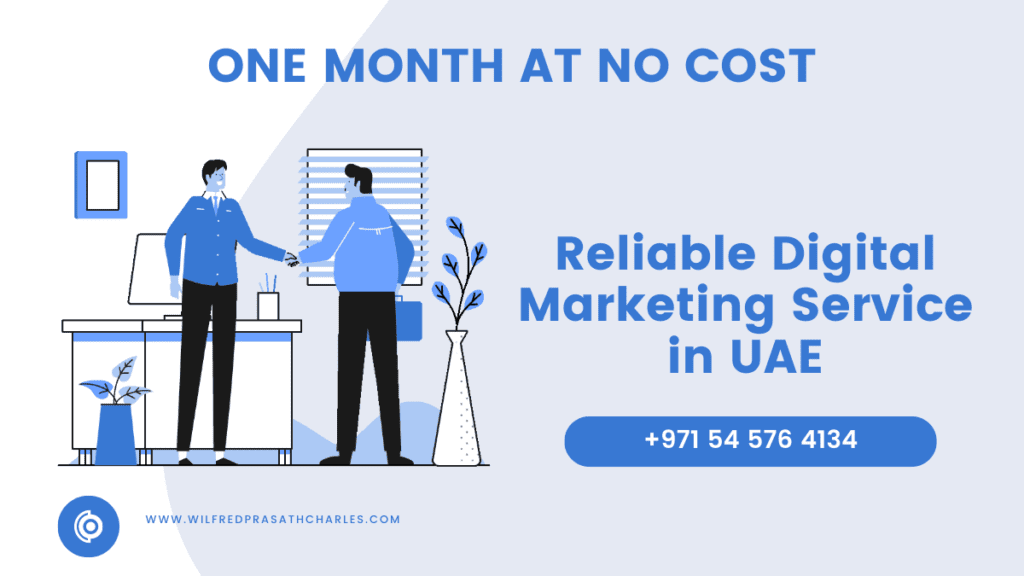
If you are a business owner in Abu Dhabi or anywhere in the UAE, our digital marketing agency can help you achieve your marketing goals. We offer a range of services including Pay Per Click(PPC) advertising campaigns, SEO, social media marketing, content marketing, email marketing, web design and development, and analytics and reporting. We stay up-to-date with the latest trends and best practices in digital marketing to provide customized solutions that meet your unique needs and help you succeed in the ever-evolving digital landscape. By working closely with you and providing excellent customer service, we aim to become a valuable partner to your business and help you achieve long-term success.
.